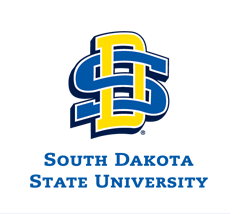Faculty Mentor
Rebecca Bott
Abstract
This harrowing comment from a Mexican laborer echoes the worldwide importance of working horses, mules, and donkeys. For many in the United States, a horse is a source of recreation, a sport vehicle of sorts, a decoration, or a pet. For most other parts of the world, a working equid (horse, donkey, or mule) is a family’s sole vehicle, a day laborer, and the only constant source of income available. Many of these communities lack a steady food source for the animals, much less a competent veterinarian; thus, the world’s veterinarians treat only about 10% of the world’s total equid population [1]. Such a staggering statistic is only part of the problem: working horses, donkeys, and mules not only lack direct care, but their owners often resort to harmful traditional medicines (or no treatment at all) when the animals need help. The vicious cycle then continues as owners fall deeper into economic hardship when the health of their work animals does not improve. “Equitarian” work, defined as serving equids with compassion to improve their health and welfare, has a two-fold purpose: benefiting the animals, but in doing so changing the lives of their families for the better (thus the word’s derivation from “humanitarian”) [2]. Many initiatives already exist to change the state of four-legged laborers, proving that equitarian work is valuable, logical, and fills a deep need in the world. [Page 1]
Recommended Citation
Gebhart, Angela
(2011)
"The Equitarian Initiative: International Humanitarian Aid Using Horses,"
The Journal of Undergraduate Research: Vol. 9, Article 5.
Available at:
https://openprairie.sdstate.edu/jur/vol9/iss1/5

